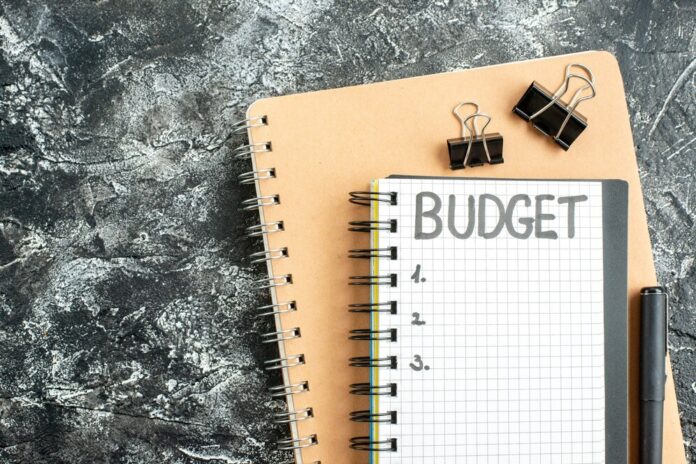Introduction
Budgeting is a fundamental financial management skill that empowers individuals to take control of their finances, achieve financial goals, and build a secure future. Whether you aim to pay off debt, save for a vacation, or plan for retirement, creating and sticking to a budget is essential. This guide will walk you through creating a budget that works for you.
Assess Your Financial Situation
Before diving into budgeting, assessing your current financial situation is crucial. Start by gathering information about your income sources, including wages, bonuses, and any other sources of income. Next, track your expenses meticulously to understand where your money is going each month. This assessment will provide a clear picture of your financial health and help you identify areas for improvement.
Set Financial Goals
Once you clearly understand your financial situation, it’s time to set SMART (Specific, Measurable, Achievable, Relevant, Time-bound) financial goals. Whether it’s paying off debt, saving for a down payment on a house, or building an emergency fund, setting goals will give you direction and motivation to stick to your budget.
Track Your Spending
Tracking your spending is a critical component of budgeting. Keep a record of every penny you spend, from groceries to utility bills, to identify patterns and areas where you can cut back. Many budgeting apps and software programs can help you track your spending effortlessly.
Create Categories for Your Budget
Organize your expenses into housing, transportation, groceries, entertainment, and savings categories. Allocate a specific amount of money to each category based on your income and priorities. Remember to differentiate between essential expenses and discretionary spending.
Determine Your Budgeting Method
Various budgeting methods include the zero-based budget, the 50/30/20 rule, the envelope system, and more. Select a method that aligns with your financial goals and lifestyle. Experiment with different approaches until you find one that works best for you.
Start Budgeting
Once you’ve assessed your financial situation, set goals, and chosen a budgeting method, it’s time to implement your budget. Use budgeting tools, spreadsheets, or apps to track your income and expenses. Be diligent about recording every transaction to ensure accuracy.
Adjust Your Budget as Needed
Life is unpredictable, and your budget may need to be adjusted periodically. Monitor changes in your income or expenses and adjust your budget accordingly. Flexibility is critical to long-term budgeting success.
Build an Emergency Fund
An emergency fund is essential to protect yourself from unexpected expenses or financial emergencies. Aim to save at least three to six months’ living expenses in a separate savings account. Start small and gradually increase your savings over time.
Review Your Budget Regularly
Regularly review your budget to track your progress and identify areas to improve. Set aside time each month to check your spending, assess your progress toward your goals, and make any necessary adjustments to your budget.
Tips for Successful Budgeting
- Automate your savings by setting up automatic transfers to your savings account.
- Avoid impulse purchases by sticking to a shopping list and waiting 24 hours before making non-essential purchases.
- Use cash for discretionary spending to limit your spending and avoid overspending.
- Prioritize debt repayment by allocating extra funds towards paying off high-interest debts.
- Celebrate your progress and milestones to stay motivated and committed to your budgeting journey.

Conclusion
Budgeting is a powerful tool for achieving financial stability and reaching your goals. By assessing your financial situation, setting SMART goals, tracking your spending, and making necessary adjustments, you can take control of your finances and build a secure future. Start budgeting today and reap the benefits of financial freedom and peace of mind.
FAQs
1. How often should I review my budget?
Regularly review your budget at least once a month to track your progress and make necessary adjustments.
2. Should I use cash or cards for discretionary spending?
Using cash for discretionary spending can help you limit spending and avoid overspending.
3. How much should I save for an emergency fund?
It’s recommended to save at least three to six months of living expenses in an emergency fund.
-
You’ll also like this
Must visit the home page:




